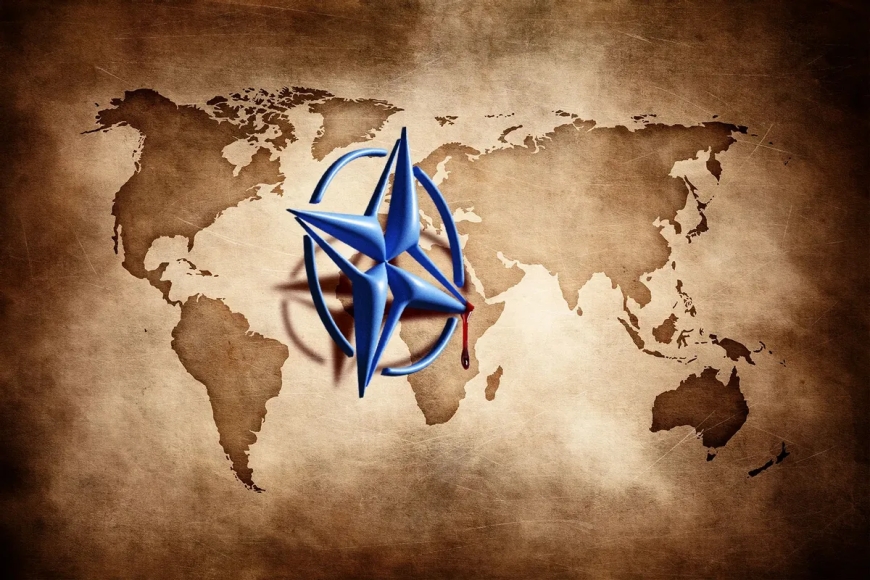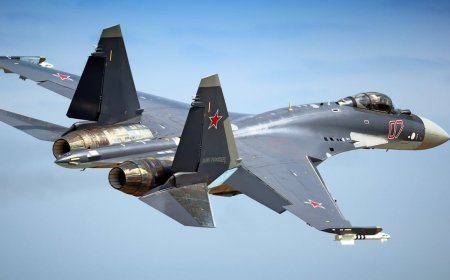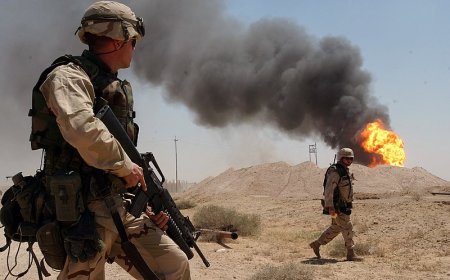Arab Leaders in Bed with the West: NATO’s Dangerous Expansion in the Middle East

By: N. Daneshvar
In the shadowy corridors of global power, where military might and political intrigue intersect, the North Atlantic Treaty Organization (NATO) has long stood as a symbol of Western dominance. Born out of the Cold War, NATO’s original purpose was to counter the Soviet Union and protect the interests of the United States and its European allies. But as the world has shifted into a new multipolar era, NATO’s relevance has increasingly come into question. Instead of adapting to a more peaceful and cooperative global order, NATO has sought to expand its influence in ways that are deeply troubling—not just for the Middle East, but for the world at large.
The recent 75th annual meeting of NATO, held with the conspicuous participation of Israel and several Arab states—Egypt, Jordan, Qatar, and the United Arab Emirates—exposes the dangerous confluence of interests between the Western military alliance, the Zionist regime, and reactionary Arab governments. This partnership, cemented by the opening of a NATO Liaison Office in Amman, Jordan, is nothing less than a calculated move to fortify Israel’s position in the region, bolster the authoritarian regimes of the Arab world, and suppress the legitimate aspirations of the people.
At the heart of this unholy alliance is a singular purpose: the protection and perpetuation of Israel’s apartheid regime. Since its inception, Israel has relied on military might, supported by the West, to maintain its occupation of Palestinian territories and its dominance over neighboring states. The expansion of NATO’s footprint in the Middle East, particularly with the opening of the liaison office in Jordan, is designed to create a multi-layered defense shield for Israel against what it perceives as its greatest threat: Iran and the Axis of Resistance.
The NATO-Israel partnership is not new, but its deepening is cause for grave concern. Israel, emboldened by its Western allies, has continued its aggressive policies in the region, confident that any military confrontation with Iran will be met with full NATO support. The “True Promise” operation, a recent show of strength by Iran, has only intensified the Zionist regime’s paranoia, leading it to seek ever closer ties with NATO to counter what it fears will be a devastating retaliation from Tehran.
But this is not merely about military posturing. It is about the broader geopolitical strategy of the West to ensure Israel’s supremacy in the region. By integrating Israel more fully into NATO’s security architecture, the West is sending a clear message: Israel’s interests are NATO’s interests, and any threat to Israel will be met with the full force of the world’s most powerful military alliance. This not only undermines the sovereignty of the nations in the region but also sets a dangerous precedent for the future.
Equally troubling is the role of the Arab reactionary regimes in this sordid affair. The participation of countries like Egypt, Jordan, Qatar, and the UAE in NATO’s annual meeting is a betrayal of the Arab world’s long-standing opposition to Zionism and Western imperialism. These regimes, which have long been propped up by Western powers, are now openly aligning themselves with NATO in a bid to secure their own survival at the expense of their people.
These Arab governments are not acting in the interests of their citizens, who have consistently shown solidarity with the Palestinian cause and opposition to Western intervention in the region. Instead, they are motivated by a desire to maintain their grip on power, even if it means selling out their own people to NATO and Israel. By deepening their ties with NATO, these regimes hope to receive Western military support to suppress any domestic dissent and to shield themselves from the growing influence of Iran and other resistance movements.
This alignment with NATO is not only a betrayal of the Arab cause but also a dangerous gamble. By tying their fortunes to the West, these regimes are making themselves targets for the very forces they seek to contain. The people of the Arab world, who have long suffered under the yoke of authoritarianism and Western interference, will not stand idly by as their leaders collude with foreign powers to oppress them further.
The opening of the NATO Liaison Office in Jordan is the latest manifestation of the alliance’s misguided strategy in the Middle East. NATO, born in a bipolar world to counter the Soviet Union, has struggled to find a clear purpose since the end of the Cold War. Its interventions in the Middle East, from Afghanistan to Libya, have left a trail of destruction and chaos, fueling resentment and resistance against the West.
Now, in a desperate bid to remain relevant, NATO is expanding its reach into the Arab world, ostensibly to counter the influence of Iran, Russia, and China. But this expansion is both shortsighted and dangerous. By aligning itself with reactionary regimes and Israel, NATO is not enhancing security in the region; it is exacerbating tensions and sowing the seeds of future conflicts.
The Arab world is not a monolith, and the idea of an “Arab NATO” is a fantasy that ignores the deep divisions and complexities of the region. The very notion of Arab states joining forces with NATO to counter regional powers like Iran is not only unrealistic but also counterproductive. It will only deepen the rifts in the Middle East, pushing countries further into the arms of Russia, China, and other emerging powers.
The NATO-Israel-Arab regime alliance is a symptom of the West’s inability to adapt to a changing world. Instead of embracing a multipolar order where power is shared and cooperation is prioritized, NATO and its allies are doubling down on a failed strategy of dominance and control. This will not lead to peace or stability in the Middle East; it will lead to more violence, more suffering, and more resistance.
The people of the region have shown time and again that they will not be cowed by foreign powers or their local proxies. The more NATO and its allies try to impose their will on the Middle East, the more they will fuel the very forces they seek to suppress. It is time for the West to abandon its imperial ambitions and for the Arab people to reclaim their sovereignty from both their oppressive regimes and their foreign overlords.
The path to peace and justice in the Middle East lies not in the expansion of NATO, but in the dismantling of these alliances of oppression. The region’s future will be determined not by the guns of the West, but by the will of its people. The sooner NATO and its partners realize this, the better for everyone.













































